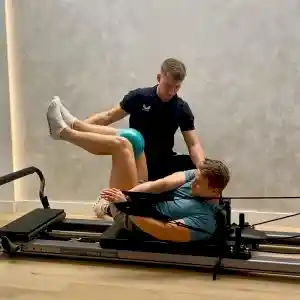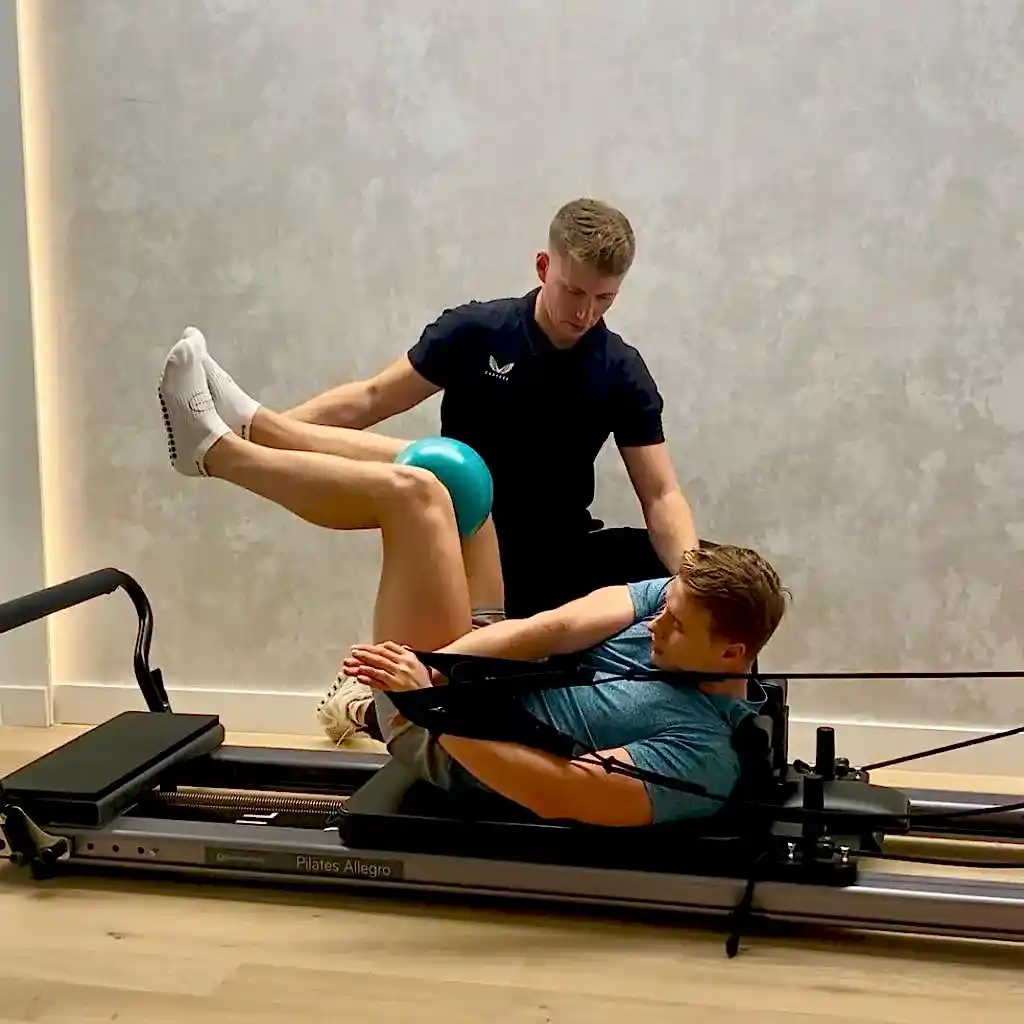Ramadan – How to Fast & Stay Fit
Ramadan Mubarak! Now Ramadan has begun, people ask us if they can stay fit & healthy whilst observing their new fasting & feasting patterns…is it even possible? Below we will explain common misconceptions, advice on how to overcome them and hear our trainer Tigan Mohammed’s Top Tips on how he stays fit and healthy until Eid is upon us.
1. What Time Shall I Exercise?
With fasting from dawn to sunset, it’s crucial to pick the optimal time for your training sessions. Fortunately, this year, in the UK, Iftar is at 6pm, whereas previous years Iftar has been as late as 8:30pm – trickier! The good news is the approach remains the same. During the 1st phase of Ramadan, we recommend training shortly after breaking fast. Our members will e.g. have a few traditional dates or banana and sip some sugar water (light energy drink) at the start of their session and during. This ensures you are hydrated and have sufficient blood sugar to complete your session. As Ramadan progresses, you will find that you are able to train during regular hours or start pre-Iftar and eat/drink post session. This change in timing is often a personal choice, however, has worked well for a lot of members over the years.
Tigan’s Top Tip No1 – ‘Finding the right time to train is crucial due to a lack of energy. Base those initial sessions on your energy levels’
Many individuals prefer engaging in light exercises during fasting hours, such as Reformer Pilates or Yoga as it’s low-impact and focuses on core strength, flexibility, and mind-body connection. Evening sessions after Iftar can be a suitable time for more intensive workouts like our EMS sessions when energy and hydration levels are replenished. Now what about other forms of exercise? These are great too…so how do we manage them? Principally the same – start with exercise you are familiar with and keep the intensity lower during your initial week or during fasting, then increase the intensity as your body adapts to your new feeding habits. This can be your regular runs or a heavy gym session. You will find this year, due to a relatively early Iftar, you will be able to fully replenish and have time to train in the evenings.
Tigan’s Top Tip No2 – ‘I use light sessions during the day to help me feel energised and stay active, then I do my heavier training after I have broken fast in the evenings’
3. How Can I Stay Hydrated?
Staying hydrated is essential during Ramadan, especially when incorporating exercise. Consume water and electrolyte drinks during non-fasting hours to prevent dehydration. When you break fast and drink on an empty stomach, you will find it will go through your system quickly. Therefore, after eating, have regular drinks until you sleep. Gradually rehydrating after Iftar avoids overloading your system. Monitor your body’s signals and adjust your water intake accordingly.
Tigan’s Top Tip No3 – ‘Ensure you hydrate throughout the evening by having regular amounts of fluid, and if you wake up in the night have some water to hand for some extra sips!
4. What Should I Eat?
Your dietary content during Ramadan should not differ much from your regular diet, assuming you have a balanced diet that provides sufficient nutrients for your energy, maintaining muscle mass, and your day-to-day function.
People often under eat or over eat during Ramadan. Commonly undereating occurs when you miss a meal, normally Suhoor, and don’t feel hungry enough during Iftar and the sunset hours. Ways around this are to plan ahead to ensure you have meals that are calorie sufficient ready made or to cook. If you are able to Suhoor, it is easier to stay nourished and hydrated throughout the day, however, a lot of people focus on getting sleep and miss the morning option to eat and drink. This creates a greater importance for their evening meals, drinks and snacks to be healthy and hydrating.
Overeating is the common issue however, as people treat the evening as a time to feast and gorge on food as they feel they have missed out during the day. You should not gain fat mass during Ramadan if you eat correctly. Ensure you do not see the sunset hours as an opportunity to consume endless calories – you still need to eat a healthy diet.
Tigan’s Top Tip No4 – ‘Avoid the mistake of eating lots of sugary food after Iftar, as this will not last and you will be hungry throughout the next day. As I do not wake-up for Suhoor, I eat healthy foods that will provide a sustained energy release and help me feel full (grains, vegetables, lean proteins) throughout the next day…with the occasional treat thrown in!’
5. Let’s Summarise
Exercising during Ramadan, when approached sensibly and whilst listening to your body, can be both safe and beneficial. Ensure your exercise choice fits the time of day, your energy levels and how you are feeling. At Vive, we recommend Reformer Pilates for your fasting sessions and EMS training for when you have rehydrated and replenished. Balancing these with proper nutrition and hydration will not only help you maintain your physical health but also enhance your Ramadan experience. Remember, the goal is to find balance and moderation with exercise and nutrition, respecting this time of year with reflection, whilst taking care of your body and mind.










